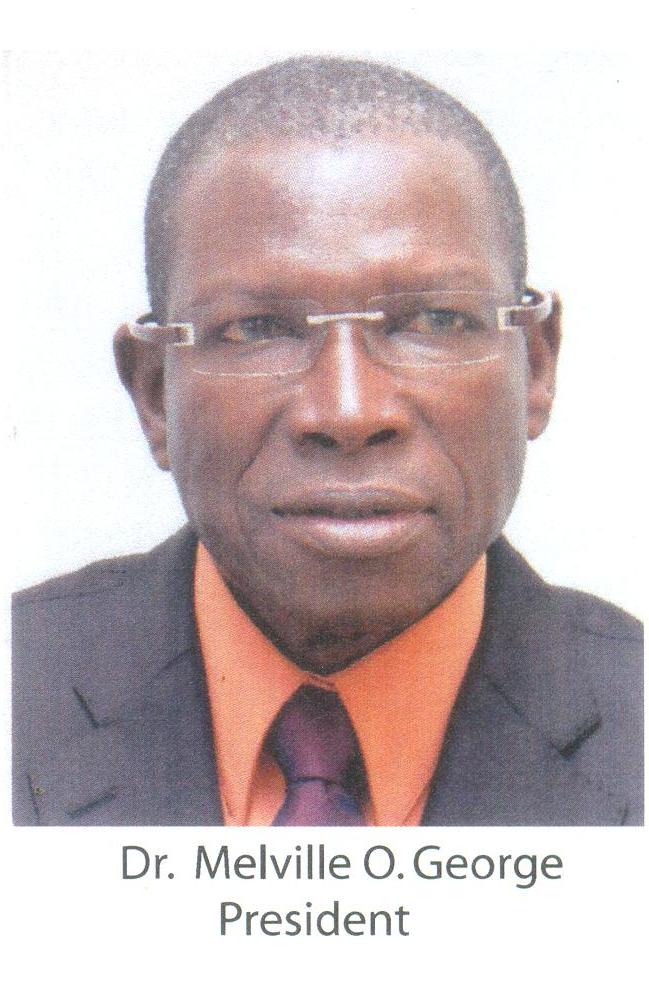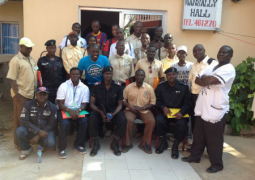
The Gambia Medical and Dental Association is hosting a two-day annual scientific meeting (ASM) held at the Kairaba Beach Hotel in Kololi.
The theme for this year’s convergence is ‘Recent Advances in the Management of Diabetes with Special Reference to Developing Countries.’
The Chief Medical Director of RVTH, Dr Ahmed Seck, delivered the opening statement on behalf of Health Minister Fatim Badjie.
The annual scientific meeting is being organized jointly with UROLINK, the United Kingdom, a sub-committee of the British Association of Urological Surgeons (BAUS), Dr Seck said.
Since 2001, he said, their UK partners have been providing urological services, including training, at no cost to RVTH on an annual basis since, which is a litmus test of effective partnership.
“The theme is very relevant and timely given the current prevailing challenges being experienced globally and locally within the health sector,” Dr Seck noted.
According to him, the WHO estimated the world prevalence of diabetes among adults aged 20 to 79 years at 6.4%, affecting 285 million adults in 2010, and will increase to 7.7% and 439 million adults by 2030.
“Between 2010 and 2030, there will be a 69% increase in the numbers of adults with diabetes in developing countries and 20% increase in developed countries,” he said.
He reminded the gathering that The Gambia, like many other developing countries, is still facing challenges with the common communicable diseases such as malaria and tuberculosis.
Dr Seck noted further that priority will be given to the development of risk prevention polices characterised by population-based interventions with the emphasis on primary prevention and key to this will be the development of risk surveillance system to track risk factors and their outcomes.
The ministry, in collaborating with the WHO, would institutionalize the steps and approach to obtain baseline data for risk factors of NCDs, he stated.
For his part, the WHO representative in The Gambia, Dr Thomas Sukuwa, expressed appreciation for the effort the GMDA is demonstrating in dealing with non-communicable diseases (NCDs), particularly in diabetes prevention and control.
This is in line with the WHO regional office for Africa strategy, which aims at creating public awareness on NCDs and to support member states in addressing the emerging menace of NCDs in our region,” he said.
According to Dr Sukuwa, the WHO estimates that more than 300 people worldwide have diabetes, which will likely more than double by the year 2030.
Noting that in 2005 an estimated 1.1 million people died from diabetes and almost 80% of diabetes deaths occur in low and middle-income countries, Dr Sukuwa stated that women
constitute 55% of diabetes deaths, while diabetes remains a costly disease which in 2000 cost Africa alone about $42 billion in direct and indirect costs”.
Dr Sukuwa finally told the gathering that, “they await with great interest the outcome of the meeting and look forward to strengthening our future collaboration and cooperation with GMDA on matters affecting health in The Gambia”.
According to the president of the GMDA, Dr Melville O. George, the theme has been chosen in response to local concerns about diabetes and in line with global concern about the escalating rates of non-communicable diseases.
He said that apart from the burden of the disease, diabetes can have serious implications on the health systems while the economic burden and the demand for medication, medical supplies and unavailable human resource can be very significant with serious distortions to meager health budgets.
Dr Melville told the gathering that, he hoped the session would contribute to increasing awareness of the disease, its prevention and management.



